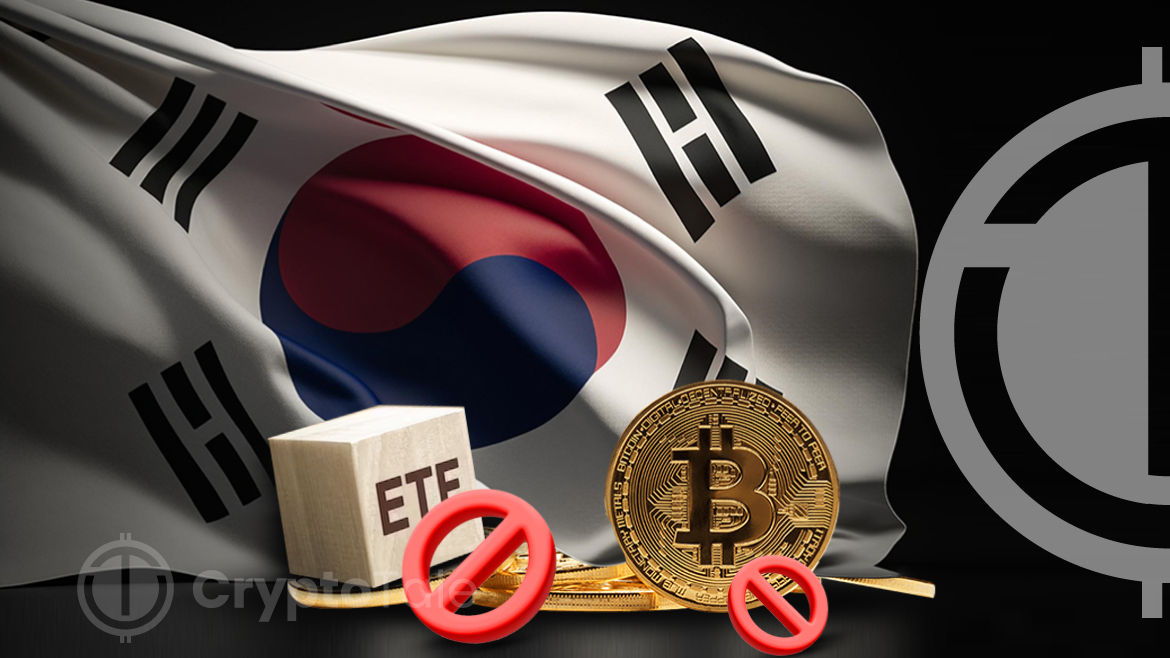- Despite U.S. SEC’s ETF approval, South Korea’s FSC stands firm against cryptocurrency ETFs, prioritizing market stability.
- South Korean authorities remain cautious about including virtual assets in ETFs to protect domestic stock markets.
- The nation’s cautious crypto regulations reflect global divergence in handling digital asset integration in finance.
South Korea’s FSC has maintained its position against virtual currency ETFs despite the U.S. SEC’s recent approval of Spot Bitcoin ETFs. South Korea’s decision maintains a long-standing restriction that prevents financial institutions from launching crypto ETFs.
South Korea’s Financial Services Commission remains unmoved by global shifts. In an interview, an FSC official stated that U.S. developments do not warrant reconsidering the ban. The reasons cited are financial market stability and investor protection. Moreover, the Capital Markets Act in South Korea restricts ETF underlying assets. These include financial investment, currencies, and general products, excluding crypto.
Furthermore, South Korean financial authorities are hesitant to amend laws. They are cautious about including virtual assets in ETFs. This cautiousness stems from the belief that such investments could undermine domestic stock market stability.
South Korea is currently developing a two-part crypto regulation. The first part passed last year, with implementation set for July 2024. The second part aims to clarify rules on crypto issuance, listing, and delisting. Consequently, despite international trends, South Korea is treading carefully in the crypto space.
Since 2017, financial entities in S. Korea have been banned from investing in crypto. This policy reinforces the country’s cautious approach towards digital assets.
Contrastingly, the SEC’s decision to allow Bitcoin’s spot ETFs reflects a different approach in the U.S. SEC Chairman Gary Gansler specified that the decision solely applies to cash exchange-traded products (ETPs) holding Bitcoin. Importantly, he emphasized that the ruling should not be interpreted as an indication of any intention to approve listing standards for virtual asset securities.
South Korea’s decision underscores a global divergence in cryptocurrency regulation. While some countries like the U.S. are gradually opening up to crypto ETFs, South Korea maintains its conservative stance. Hence, the nation prioritizes market stability and investor protection over joining the global trend towards cryptocurrency integration in mainstream finance.






